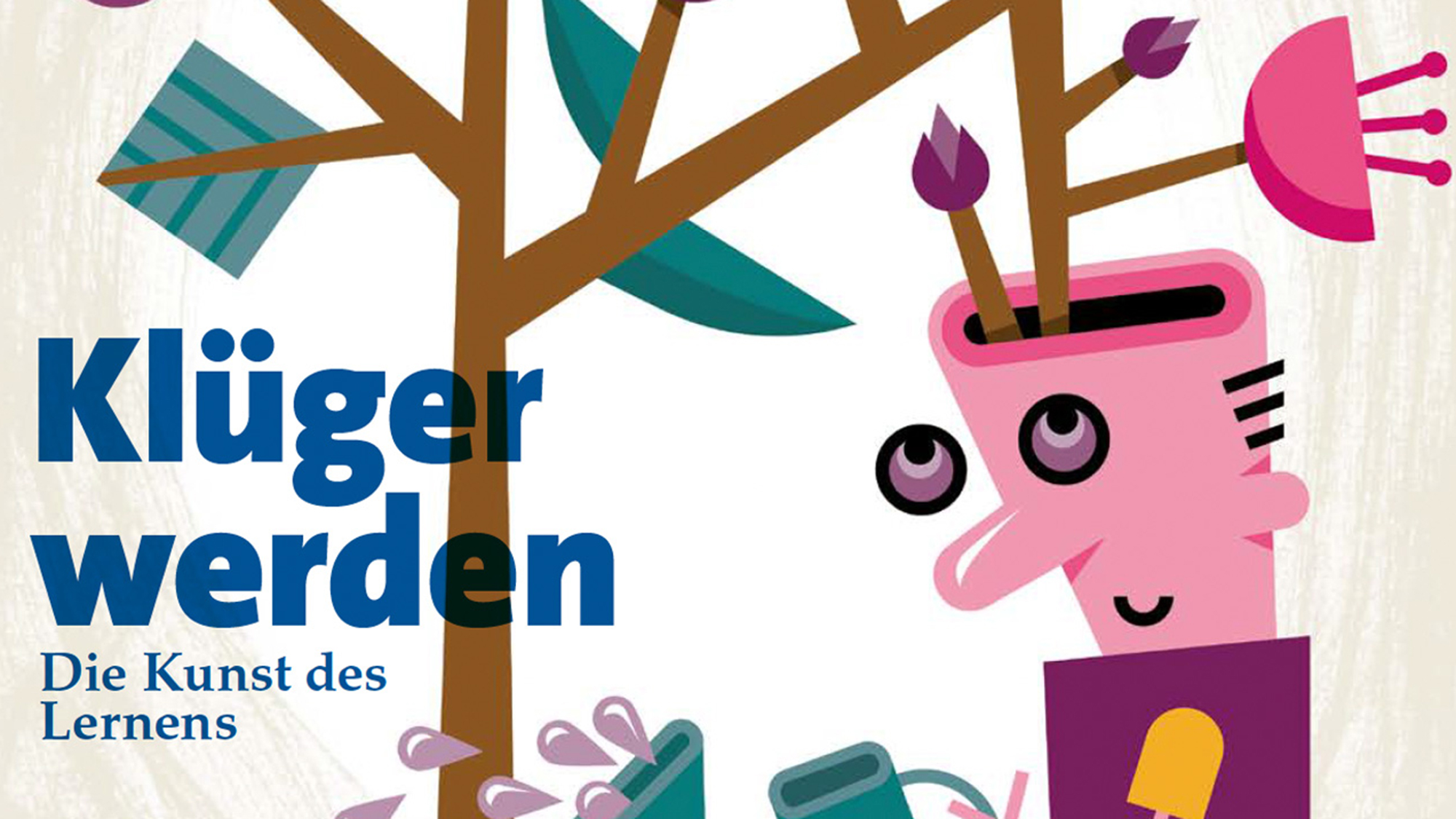The Art of Learning

Our brains love variety and excitement. For teachers and students, this means trying to spark the brain’s interest with different types of stimuli. This enables our brains to form connections and we are more likely to remember the acquired knowledge. Good teaching therefore involves creating links between new information and existing knowledge, says professor of education Kai Niebert.
Niebert’s area of research is teaching at high school level – how it is currently done and how it can be improved. He believes teachers should explain the big ideas and give students the capacity to reflect on them independently, rather than have them memorize details. New forms of teaching and learning using playful, interactive and virtual approaches are also being tried out and introduced at UZH with targeted funding from the UZH Teaching Fund.
While learning new things seems to come naturally to children and young people, the older we get the more difficult we find it to acquire new skills. But the ability to learn remains with us throughout our lives. It’s like sailing – you can make progress even with a headwind, you just have to know how. In the new UZH Magazin, you’ll find concrete tips to help you keep on learning.
Learning from mistakes
A big part of learning involves our memory. Neuroscientists are looking closely at what happens in the brain when we learn, and are slowly unlocking the mysteries of this incredible ability of ours. Today we know that the brain constructs models of the world and then checks whether they correspond to real experiences.
If the model is false, it is revised – that is, one of the ways in which we learn is by minimizing errors. Neurotransmitters such as dopamine or noradrenaline, which trigger happy feelings or alert our attention, strengthen the synaptic changes in our brain and thus ensure that memories of certain experiences are retained.
But some of the most important processes for laying down memories happen while we sleep. So if you really want to study successfully and retain a lot of information, a good night’s sleep is vital. As we sleep, our brain is busy sorting, separating the important from the unimportant, and moving information into our long-term memory. This is essential for survival, to avoid the brain being overloaded.
A workshop in outer space
Also featured in the UZH Magazin are projects supported by the FAN fund for young researchers, such as Soheil Saaedi’s atherosclerosis research. We also hear from the UZH Foundation, which for the last 10 years has been successfully raising funds that directly benefit innovative research at UZH, including the projects of the new Digital Entrepreneur Fellowship winners, Merens Derungs and Marta Marciniak.
In addition, young Ukrainian scientist Iaroslava Bezshyiko reveals her feelings about working as a physicist in the safety of Switzerland while a brutal war rages in her homeland, and biochemist and space medicine expert Oliver Ullrich explains how space could become a workshop for the production of items that cannot be produced on Earth.
A selection of articles from the UZH Magazin will be published in the UZH News section of the university website over the coming weeks. Read the German magazine online here.